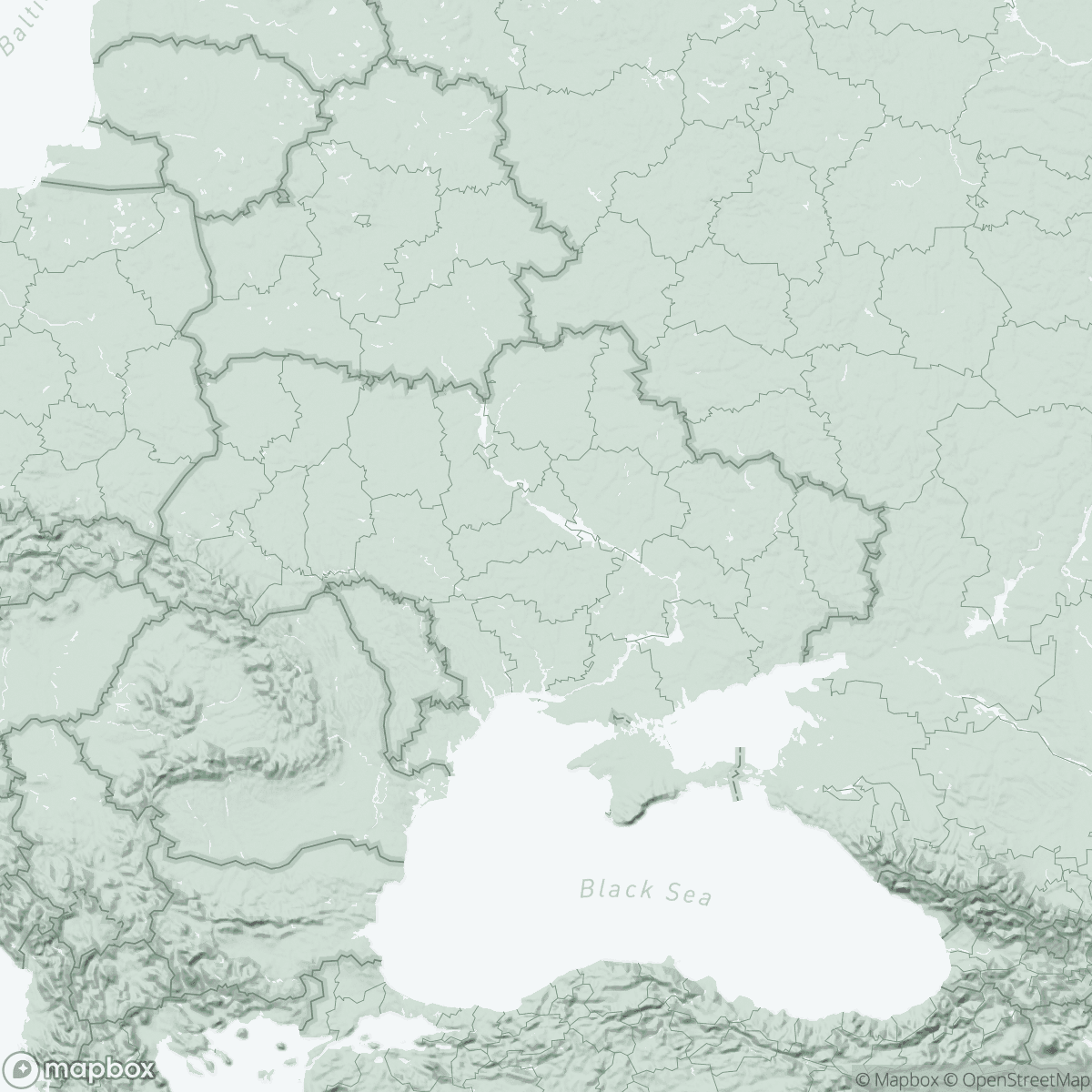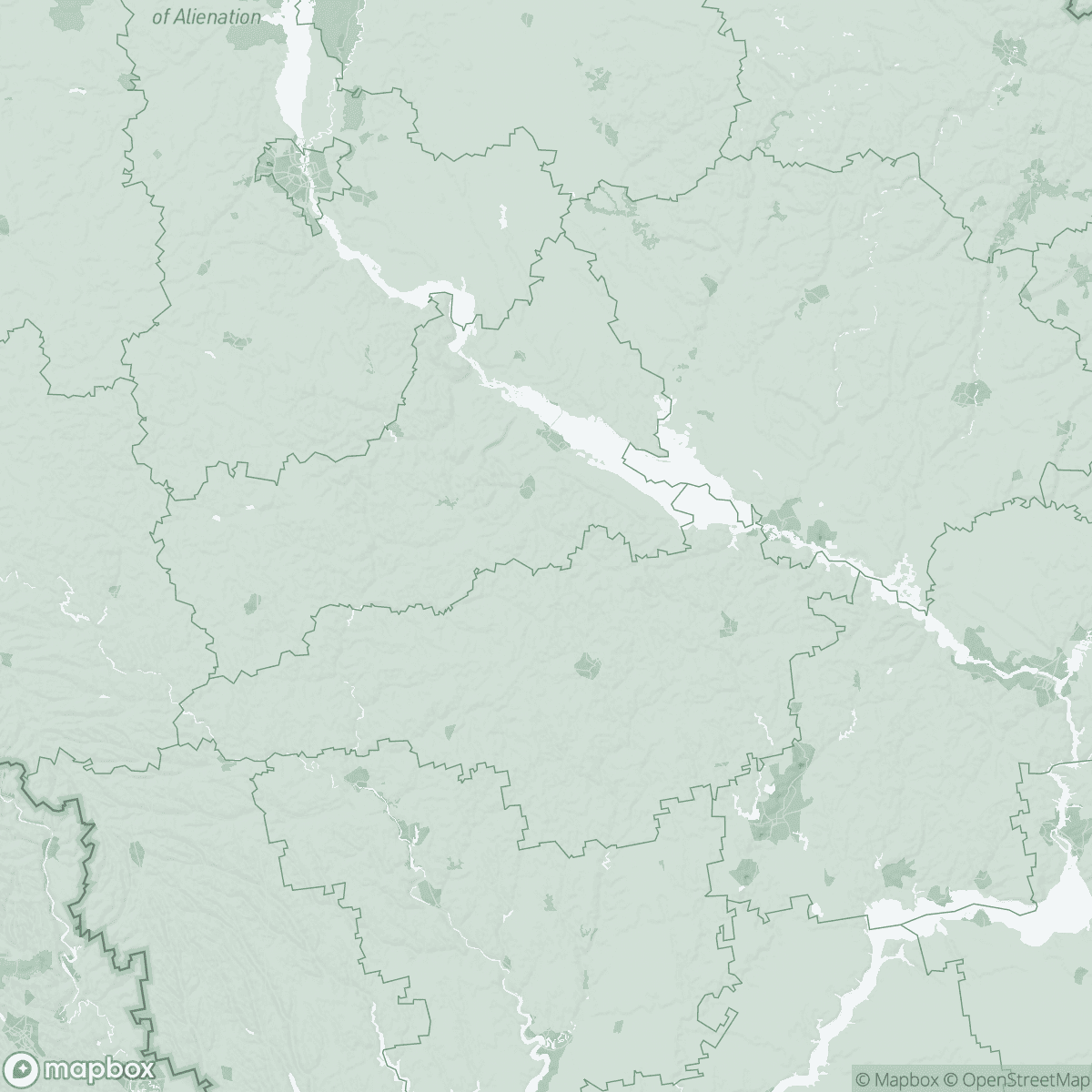
MSF mobile clinics to support people fleeing conflict in eastern and south-eastern Ukraine
In 1 click, help us spread this information :
Burnand says people staying in the shelters are particularly vulnerable. “We see many elderly, people with disabilities, and people who can’t afford to make the journey further west in Ukraine or abroad. Our job is to complement the impressive work of the local authorities, volunteers, healthcare staff and social workers and make sure people who’ve been through incredibly traumatic experiences get the medical and psychological care they need.”
MSF teams are increasing the number of shelters they support, running mobile clinics in more than 70 locations in and around Dnipro and Zaporizhzhia. Each mobile clinic team is made up of a medical doctor, nurse, psychologist and health educator.
Medical doctors provide consultations and medicines, connect patients with specialists if needed and refer severely unwell people to local hospitals. They currently carry out an average of 60 consultations each day.
“We see many patients with chronic illnesses like high blood pressure, diabetes, heart disease, asthma and epilepsy,” says Dr Sasha Sholokov, MSF’s Medical Activity Manager.
The conflict has made it hard for them to get the regular care and medications they need and we need to make sure their condition doesn’t become worse.” Dr Sasha Sholokov, MSF’s Medical Activity Manager.
Psychologists provide initial psychological support – also known as psychological first aid – to people who have arrived recently, as well as individual and group mental health sessions for adults and children. Since 25 April, the teams have provided more than 200 mental health consultations. They also run trainings for Ukrainian first responders in administering psychological first aid.
“Psychologically, the situation has become more complicated for many people we see”, says Lina Villa, MSF’s Mental Health Activity Manager.
“At the beginning they were planning to go back home to Donetsk and Luhansk, but they now realise this is becoming less and less likely.
They know everything at home has been destroyed and they can’t get their old lives back".
“They face a lot of uncertainty and I see that some start to lose the hope they had a couple of months ago. We try to help them regain a feeling of control in a situation that’s completely unpredictable.”




